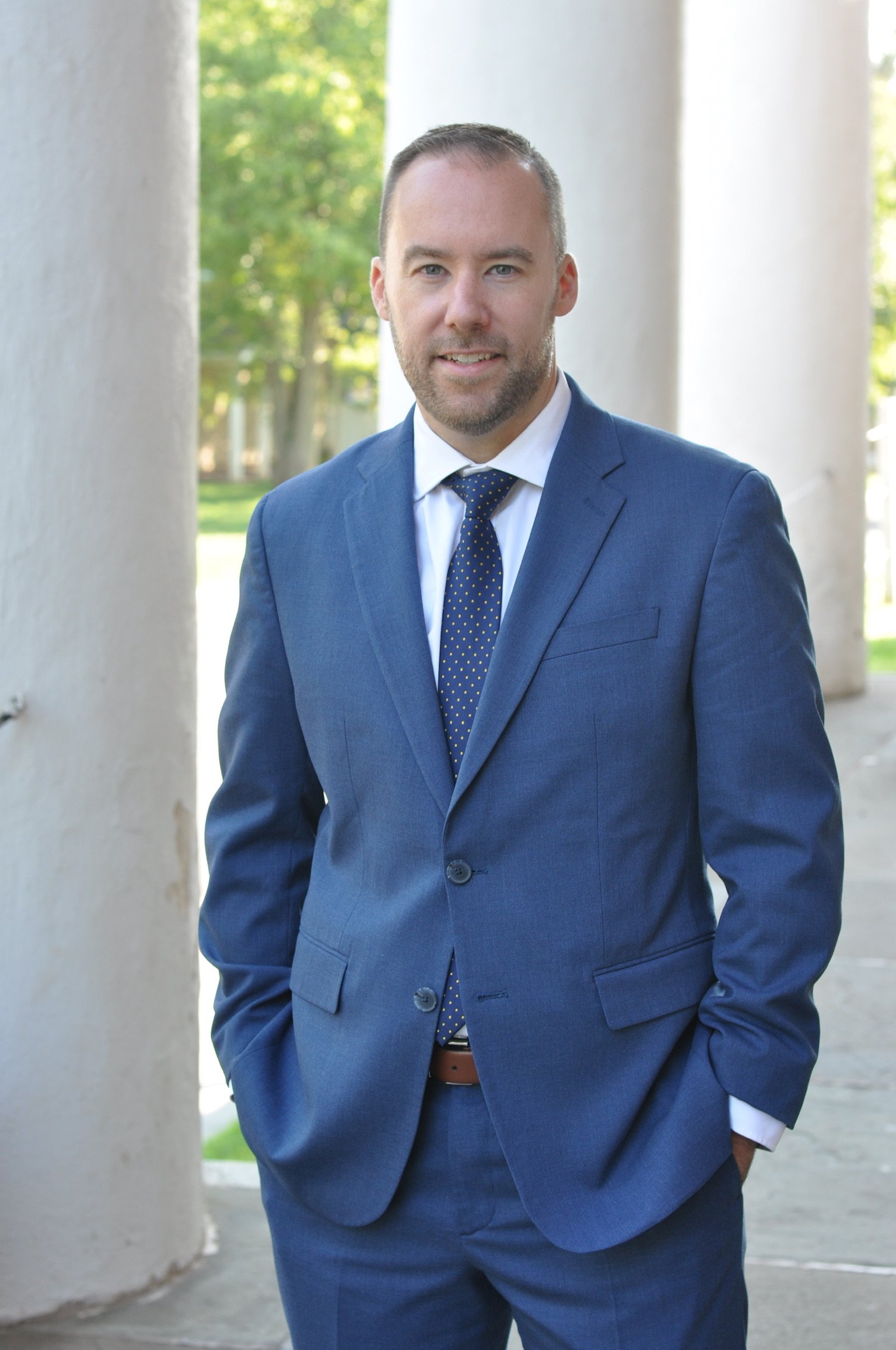
NYC Domestic Violence Criminal Defense Attorney
Staten Island & NYC Domestic Violence Defense Attorney
There are few New York City defense attorneys as qualified and experienced in defending domestic violence cases as Brendan Tracy. Mr. Tracy is a former Deputy Bureau Chief of the Staten Island District Attorney’s Office Domestic Violence Bureau. In that position, he helped to oversee a bureau of over ten prosecutors, making high-level decisions regarding arrest charges, prosecution strategies, and trial assistance. This extensive experience gives him unparalleled insight into how New York City domestic violence cases are charged, prosecuted, and tried.
Domestic Violence Laws in NYC
There are a few misconceptions about domestic violence laws in New York.
The first misconception is that people have to be married or even in a romantic relationship to be charged with domestic violence against someone. You can be charged with domestic violence offenses against current or former romantic partners, but also against people in your household or otherwise related by blood - your parents, siblings, or other relatives.
Another misconception is that there needs to be physical violence present. Many domestic violence-related charges don’t require any physical contact: threats, stalking, harassment, and other non-violent accusations can all be considered domestic violence charges. Social media contact, voicemails, text messages, and property damaged during arguments can be used as evidence against you in a domestic violence case.
What to Do if You Get Arrested in NYC?
If you or a loved one has been arrested in New York City, you may be scared or anxious. Here are three important things to remember when you get arrested in New York City.
MEET BRENDAN TRACY
Brendan is a former Deputy Bureau Chief of the Staten Island District Attorney’s Office Domestic Violence Bureau. There are few New York City attorneys as qualified to defend your domestic violence case.
Brendan knows what it takes to advocate for those accused of committing a crime because he has first-hand knowledge of what it takes to prosecute someone who has been arrested for committing a crime.


